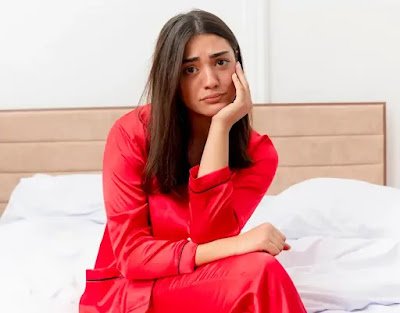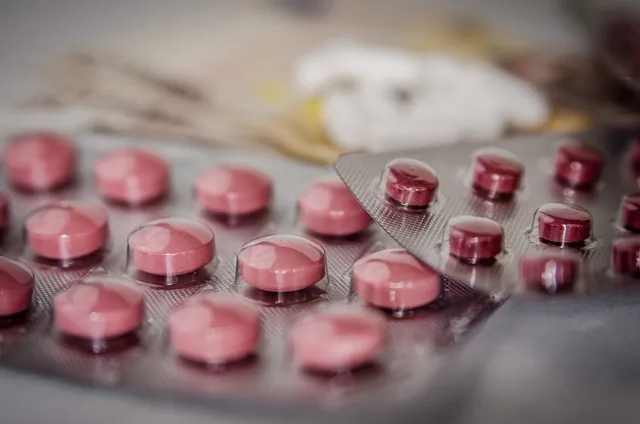Vitamin E is a fat-soluble vitamin. It is also known as tocopherol.
Vitamin E is a group of eight fat-soluble compounds. Vitamin E is found in every cell of our body.
Vitamin E is important for proper cell functioning and acts as a strong antioxidant. Vitamin E makes cells healthy.
Now a days, Vitamin E is mainly used in cosmetic products and as a beauty enhancer.
Vitamin E Capsule Uses
Anti-oxidant Properties – Vitamin E is a strong antioxidant that helps protect our body’s cells from free radicals.
As a result, our body is protected from oxidative stress, aging, and other deadly diseases.
Keeps Skin Healthy and Glowing – Vitamin E is included in most beauty products these days. It keeps the skin healthy, glowing and even tone.
Reduces Scars – Vitamin E helps reduce the appearance of cuts or bruises on the body.
It fades the marks of burn, cut or injury and helps in generating new cells.
Regulates Blood Pressure – Vitamin E helps lower LDL and systolic blood pressure.
Fatty Liver Treatment – Vitamin E is useful in the treatment of non-alcoholic fatty liver disease (NAFLD).
It reduces the increase of SGPT and SGOT enzymes and prevents fat deposition in the liver.
Relieve Dysmenorrhea – When there is a lot of pain during menstruation in women, it is known as dysmenorrhea. Vitamin E relieves pain and cramps in the pelvic area.
If vitamin C is also taken with vitamin E, the condition called endometriosis in women will be greatly reduced.
Sun Protection – By applying vitamin E to the skin, protects us from sun damage.
It maintains moisture in the skin and reduces inflammation.
Keeps Hair and Nails Healthy – Vitamin E helps a lot in keeping hair and nails healthy.
Applying vitamin E on the head increases blood circulation and helps to release new hair follicles.
Vitamin E keeps nails strong and shiny.
Eye protection – Vitamin E protects the eyes against age-related diseases.
This vitamin protects the eyes against cataracts and an eye disease called AMD.
Dosage of Vitamin E Per Day
15 mg/Day in adults above 14 years
11 mg/Day in children 9 years to 13 years
7 mg/Day in children 4 years to 8 years
6 mg/Day in children 1 year to 3 years
4 mg/Day to 5 mg/Day in children up to 1 year
19 mg/Day for pregnant and lactating women
Who Should not Take Vitamin E
1) If you are taking anticoagulants or anti platelets
2) Anemic patient
3) People who are about to have surgery because vitamin E works as a anticoagulant
4) People with vitamin K deficiency because vitamin E prevents vitamin K absorption.
Vitamin K helps with blood clotting in our body, without vitamin K, blood may bleed more due to injury.
5) Patients with liver disease and diabetes should not take vitamin E without a doctor’s advice.
6) Pregnant and breastfeeding women should not take vitamin E without the advice of a doctor because high doses can harm the baby.
If you take it in a controlled dose there is no problem.
Main Sources of Vitamin E
1) Dry fruits and seeds
2) Spinach and Leafy Vegetables
3) Avocado
4) Oil, especially vegetable oil
5) Coarse grains
Symptoms of Vitamin E Deficiency
1) Dull and pale face
2) Weak muscles
3) Neurological problems
4) Weak eye
5) Weak immune system
6) Slow wound healing
7) Forgetfulness
What Happens if You Consume Too Much Vitamin E
1) Increased risk of prostate cancer
2) Vitamin E interacts with blood thinners and cholesterol-lowering drugs.
3) Vitamin K deficiency occurs due to this blood clotting problems may arise
4) Diarrhea, abdominal pain, cramps and vomiting may begin
5) Internal bleeding may occur
Maximum Dose of Vitamin E
A maximum dose of 1000 mg of vitamin E per day can be used.
Taking more than that will start showing its side effects.
👇👇👇
Which Hormone is Responsible for Hair Loss in Male
👇👇👇





